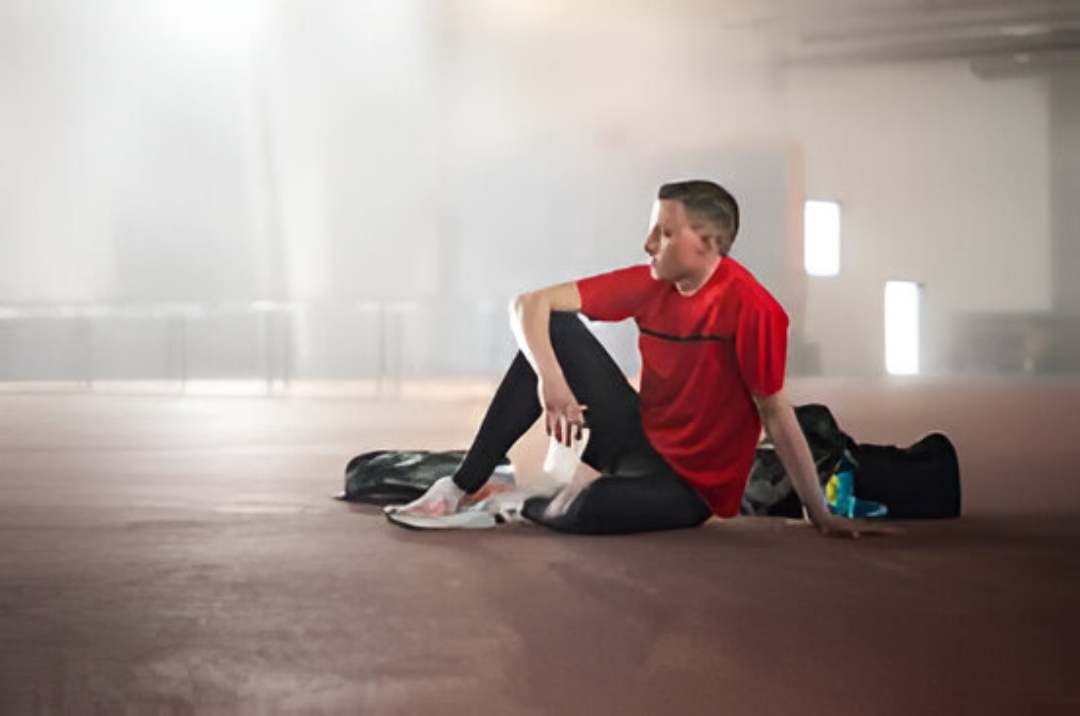- Published Date: 28-07-2025

In the world of sports, physical injuries are often seen as the biggest obstacles athletes face. However, what’s less visible—but equally impactful—is the mental toll injuries can take. The psychological aspect of sports injury recovery is often overlooked, even though it can significantly influence how quickly and effectively an athlete heals. That’s where sports psychology comes into play.
Whether you’re a professional athlete, a weekend runner, or a student in a school team, understanding the mental side of healing is crucial. Sports psychology not only helps manage emotions and stress but also enhances motivation, confidence, and resilience during recovery.
An injury doesn’t just damage muscles or bones—it often shatters routines, goals, and identities. Athletes, especially those highly invested in their sport, may feel frustrated, anxious, or even depressed during recovery. Common emotional responses include:
These emotions can slow the healing process, reduce treatment compliance, and affect overall well-being.
Sports psychology is a specialized field that focuses on the mental and emotional well-being of athletes. During injury recovery, a sports psychologist can provide strategies and tools to:
Integrating mental training into physical rehab can lead to better treatment outcomes and a faster return to sport.
CBT helps injured athletes identify negative thought patterns and replace them with positive, constructive thoughts. For instance, “I’ll never recover” becomes “Recovery takes time, and I’m doing my best every day.”
Setting short-term, achievable goals during rehabilitation keeps the athlete focused and motivated. Celebrating small victories—like regaining a certain range of motion—can boost morale and reduce the feeling of stagnation.
Athletes are trained to visualize successful performance—and this technique works during recovery, too. Mentally rehearsing movements, rehab exercises, or even returning to play can enhance neural pathways and confidence.
Deep breathing, meditation, and progressive muscle relaxation help manage stress, reduce anxiety, and lower cortisol levels, which can otherwise hinder physical healing.
Positive self-talk like “I’m healing stronger every day” or “This is temporary” encourages emotional resilience. Over time, it can shift an athlete’s mindset from victimhood to empowerment.
An often overlooked part of recovery is the loss of athletic identity. Athletes may feel lost when they can’t train or compete. This is where coaches, family, friends, and teammates play a huge role.
Sports psychologists encourage athletes to:
Support groups—either in person or online—can also create a safe space to share struggles and celebrate progress with others facing similar challenges.
Research consistently shows that mental resilience accelerates recovery. In a study of ACL injury patients, those who underwent sports psychology interventions showed higher treatment compliance, reported less pain, and returned to play faster than those who did not.
One high school athlete reported:
“My biggest obstacle wasn’t my torn ligament—it was the fear that I wouldn’t be the same again. My sessions with a sports psychologist helped me reframe my fears, stay motivated, and trust the process.”
This highlights the vital role the mental game plays in recovering from physical setbacks.
At places like Noida Sports Injury Center, offering sports psychology support alongside orthopedic and physiotherapy services can enhance patient outcomes. It’s not just about healing the body—it’s about empowering the mind.
Here’s how centers can integrate it:
This holistic approach makes athletes feel seen, heard, and fully supported.
The journey from injury to recovery is not just about repairing tendons, joints, or muscles. It’s about navigating the emotional rollercoaster, rebuilding trust in one’s body, and staying mentally strong when progress feels slow.
Sports psychology offers the mental tools to manage fear, stress, and doubt, transforming recovery into a period of personal growth rather than just physical rehabilitation.
So, the next time injury strikes, don’t just ask:
"How’s the knee doing?"
Ask: “How are you feeling mentally?”
Because in sports, healing the mind is just as important as healing the body.